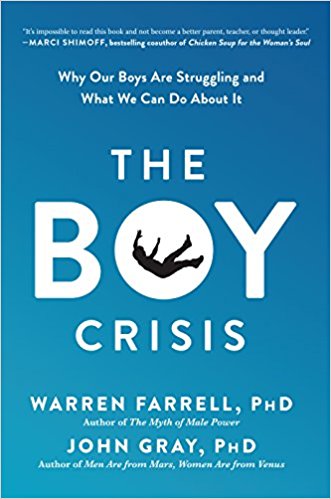![]()
Deadbeat dads jam phones
Hate mail, calls flood into the attorney-general
Toronto Star, BY PATRICIA ORWEN STAFF REPORTER, Friday February 20, 1998, page A12
Retaliating against the province's recent crackdown on deadbeat dads, angry fathers are sending hate mail to the attorney-general and deliberately jamming government phone lines.
"It's despicable," said Attorney-General Charles Harnick, responding to news that a 1-800 phone number and a picture of a private government office appeared this week on the Web site of a Toronto based fathers' rights group.
Text in the Web site urged "all" to join in a "public disobedience initiative."
"I can't believe some people would actually go to these lengths in order not to do what is morally right - and that is to pay for their children," Harnick said.
Phones are ringing 3,000 times a day at the Family Responsibility Office and the ministry has had to take staff off important projects, such as enforcement of child support, to help answer calls, he said.
That means up to 1,000 extra calls a day may be jamming lines that are mostly used by women asking about support payments.
The province handles 167,500 cases involving the support of 350,000 children. To date, nearly $1 billion in child support is owing in Ontario and a whopping 75 per cent of parents in the government program, mostly fathers, don't pay support on a regular basis.
"A lot of those children have ended up on the welfare rolls and the fact that we're finally doing something to change that obviously makes some people mad," said a source in Harnick's office.
OWE $400 MILLION
Recent new enforcement measures,
including driver's licence suspensions, ordering deadbeat dads to jail and giving
private collectors the task of tracking down 20,000 dead-beats who collectively
owe more than $400 million in child-support payments seems to have sparked the
protest, said Harnick.
"There's no justification for this kind of attack," he said. "I wish that instead of protesting, they would just love their children enough to pay for them." Malcolm Mansfield, president of Fathers Are Capable Too: Parenting Association, which operates the Web site in question, said his 200-member organization actually doesn't endorse the attack on the government phones.
"That was one of our members who thought it was a good idea.., we don't really want to do that," he said, referring to a directive in his Web site that reads: "Jam up the FRO (Family Responsibility Office) telephone lines ... let's ... shove the FRO phone bill right out the roof. Call several times every day of the month, every month. Never stop calling and keep on the phone until it hangs up. Call from B.C. if the long distance number will accept calls from that region."
Mansfield said the dads have good reasons for being angry. "They don't get angry because they have to pay.
What they are more concerned about is that they are paying support and don't have access to their kids." "It is a gender war," he said, adding that he got no satisfaction from a meeting his group had with Harnick last year.
Harnick, however, said fathers' rights groups do have some legitimate complaints, which are being addressed by a joint committee of Parliament.






